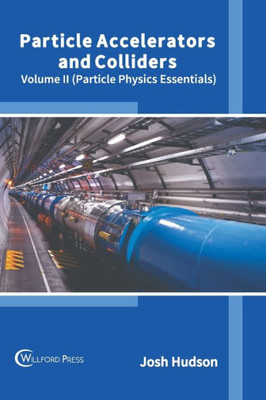A particle accelerator refers to a machine that produces a beam of fast-moving, electrically charged atomic or subatomic particles. Large accelerators are employed for fundamental research in particle physics. The largest accelerator in the world is the Large Hadron Collider. The two fundamental types of accelerators are electrostatic and electrodynamic (or electromagnetic) accelerators. Electrostatic particle accelerators make use of static electric fields to accelerate particles. The most common types of electrostatic particle accelerators are the Cockcroft-Walton generator and the Van de Graaff generator. Electrodynamic or electromagnetic accelerators involve the use changing electromagnetic fields to accelerate particles. These accelerators can be linear or circular. The particles are accelerated in a straight line in linear accelerators. In the circular accelerator, particles move in a circle until they attain sufficient energy. Some applications of accelerators are particle therapy for oncological purposes, radioisotope production for medical diagnostics, and ion implanters for the manufacturing of semiconductors. This book brings forth some of the most innovative concepts and elucidates the unexplored aspects of particle accelerators and colliders. It is meant for students who are looking for an elaborate reference text on this topic.
- | Author: Josh Hudson
- | Publisher: Willford Press
- | Publication Date: Sep 26, 2023
- | Number of Pages: 298 pages
- | Language: English
- | Binding: Hardcover
- | ISBN-10: 1647284627
- | ISBN-13: 9781647284626






